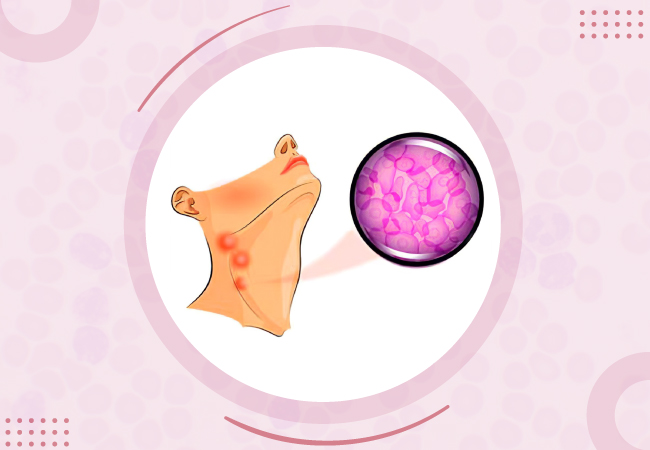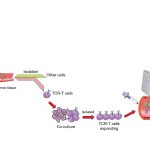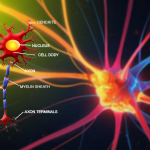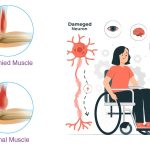According to the new outcomes from an NCI-sponsored Children’s Oncology Group (COG) clinical trial, A combination of Atriance/Arranon (nelarabine) and standard chemo led to the highest survival rates seen to date in children and young adults with T-ALL.
The conducted trial (COG) was the largest-ever clinical trial for those with newly diagnosed T-cell acute lymphoblastic leukemia (T-ALL) and T-cell lymphoblastic lymphoma (T-LL).
Four years after initiating treatment, among T-ALL patients who had a moderate or high risk of their disease returning, 89% of those who received the medicine, nelarabine in addition to standard chemotherapy, had no signs or symptoms of leukemia in comparison to 83% of those who received chemo alone.
Outcomes from NCT00408005/COG AALL0434 Phase-3 Trial:
The NCT00408005/COG AALL0434 trial enrolled a total of 1,895 patients, aged 1 to 30 years, with newly diagnosed T-cell cancers. Most patients in the trial (94%) had T-ALL, and the remaining had T-LL.
Participants were treated with the COG-augmented Berlin-Frankfurt-Munster chemotherapy (standard chemotherapy regimen), with either high-dose methotrexate or gradually increasing methotrexate doses. Those with low or high risk for disease recurrence were then randomly assigned to take Atriance or not. Of the T-cell acute lymphoblastic leukemia patients, 90.2% still survived after 4 years, and 84.3% were without cancer.
For those who received Atriance/Arranon, 88.9% remained cancer-free at least 4 years after initiating treatment in comparison to only 83.3 percent of the low- to high-risk patients who did not receive the medicine Atriance.
However, Atriance did not enhance the outcomes of T-cell lymphoblastic lymphoma patients, 85% of whom were cancer-free at 4 years in comparison to 89% of the control patients.
Atriance was beneficial for patients with T-ALL who took escalating methotrexate doses, 92.2% of whom were cancer-free at 4 years, in comparison to 86.2% in the high-dose methotrexate population.
A total of 43 patients did not reach disease remission early in their treatment phase and were given high-dose methotrexate plus Atriance. More than half (54.8%) of them lived 4 years without signs of cancer. This is a significant enhancement because historically, only around 20% of patients with T-ALL who do not reach disease remission live another 3 years.
Reference:
https://www.cancer.gov/news-events/cancer-currents-blog/2018/leukemia-nelarabine-improves-survival






